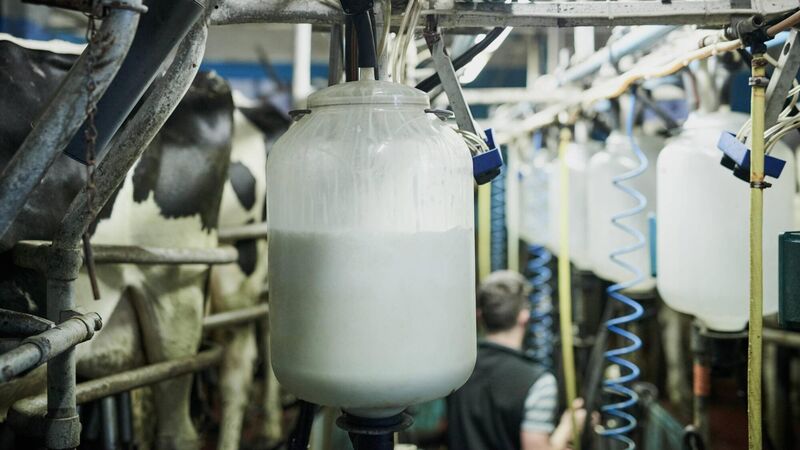Time ran out for income volatility tool

Dairy incomes in particular have seen major swings.
Agriculture Minister Charlie McConalogue has said measures to introduce an income volatility tool for farmers, to protect against income fluctuations, are being worked on but the matter was “quite complex” and couldn’t be brought forward in this year’s budget.
In his budget speech on Tuesday, Finance Minister Jack Chambers said he was aware of the income instability in the farming sector and he is “keen to advance” an “income volatility measure” to support the farming sector for consideration in advance of next year’s Budget.













